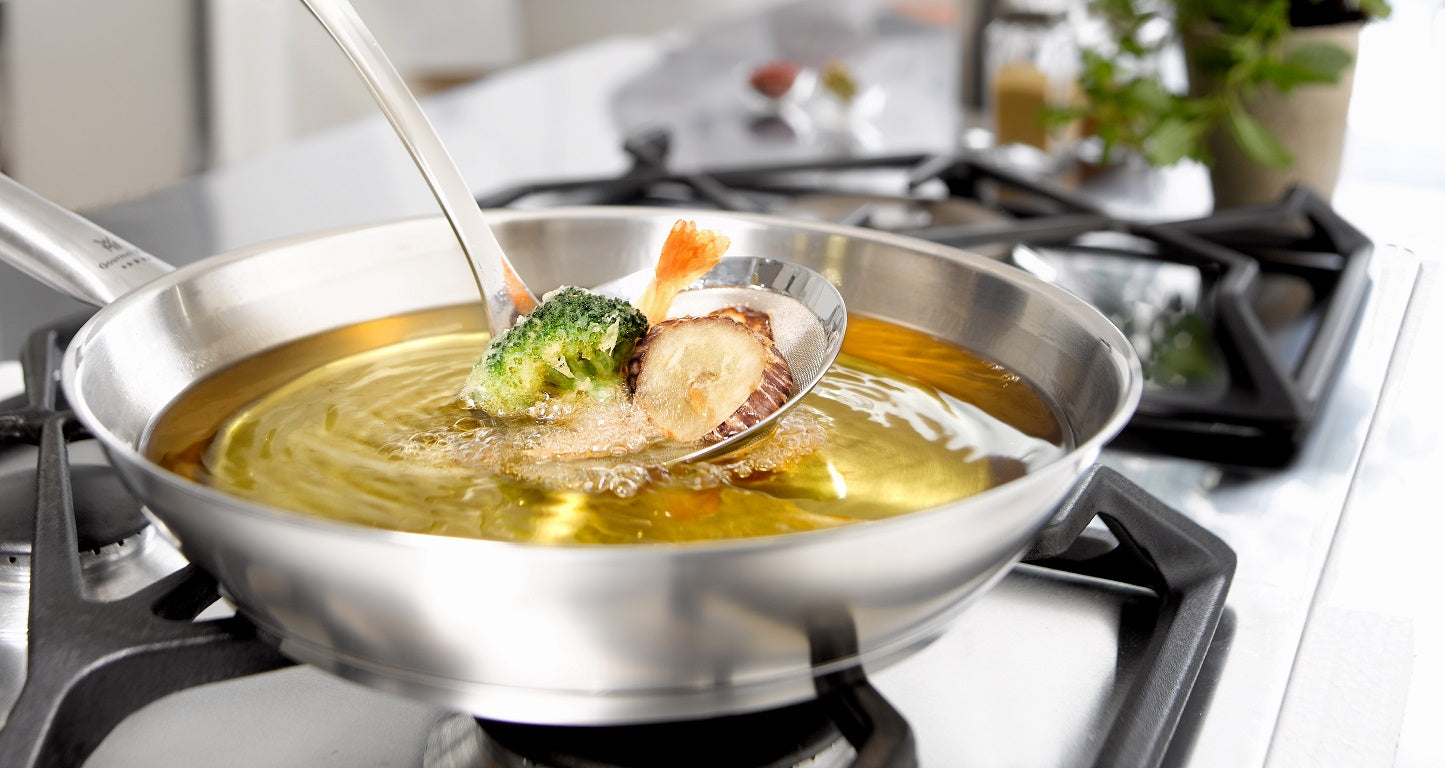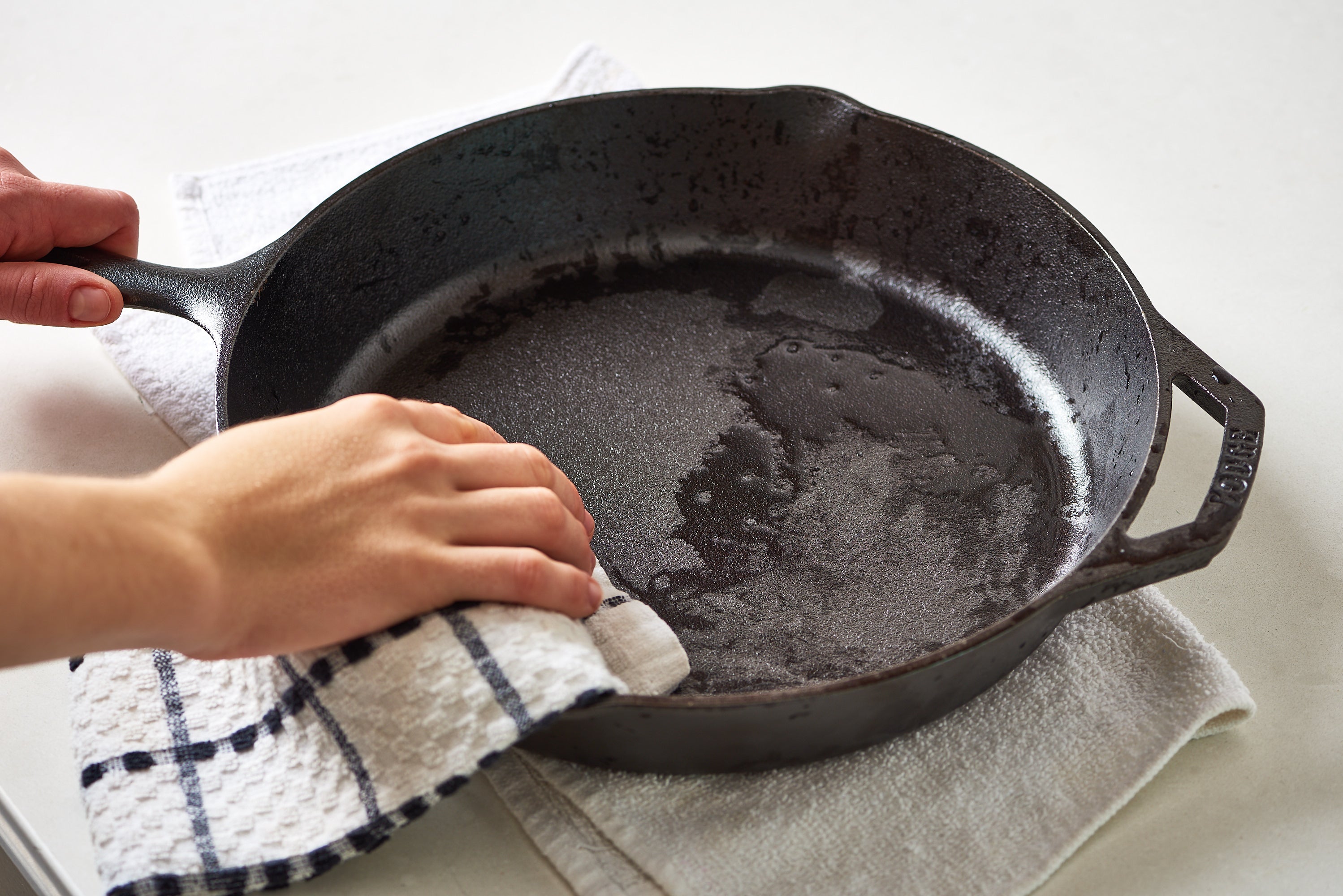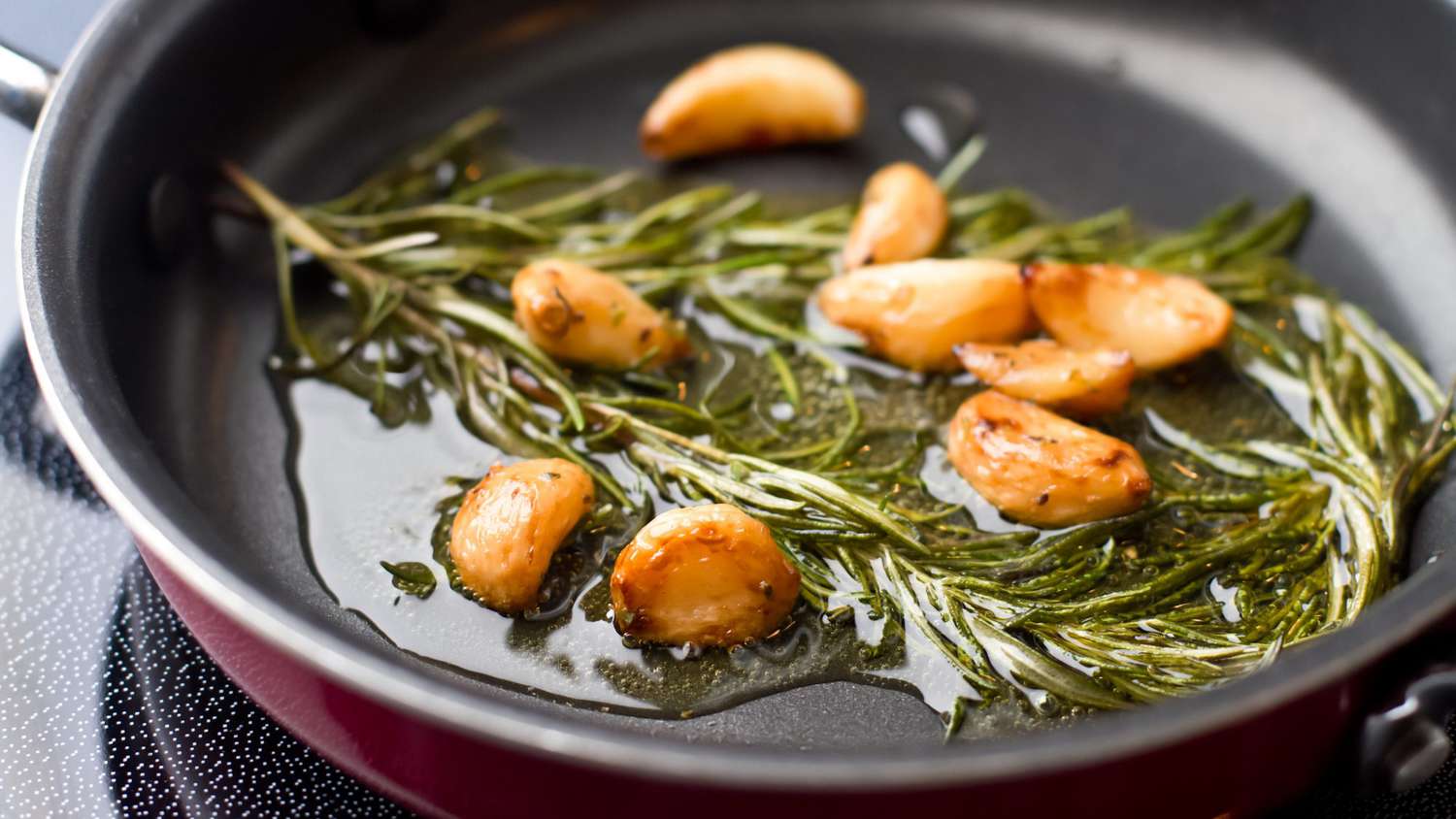Olive oil is a staple in many kitchens, praised for its flavor and health benefits. But within the olive oil category, there are various types that can sometimes be confusing. One such type is refined olive oil. In this article, we'll dive deep into understanding exactly what refined olive oil is, how it's made, its benefits, and its best uses. This knowledge is especially essential for kitchen professionals who aim to use the best ingredients in their cooking.

Understanding the Refinement Process
What Does 'Refined' Mean?
When we talk about refined olive oil, it's crucial to understand what 'refined' means. The refinement process involves various methods to purify the oil, removing impurities and certain qualities that might affect its taste and stability. This is done through physical and chemical processes, which result in an oil that is more neutral in flavor and higher in smoke point. Learn more about olive oil types.
The Refining Procedure
The process of refining olive oil usually involves heating the oil to a high temperature, using carbon filters to remove oxidized particles, and sometimes adding acidic components to further purify it. This rigorous process ensures that the oil is stable, consistent in quality, and free from any strong flavors or aromas. Explore refining olive oil for more details.

Benefits of Using Refined Olive Oil
High Smoke Point
One of the primary advantages of using refined olive oil, especially for kitchen professionals, is its high smoke point. While extra virgin olive oil has a lower smoke point and is best used in dressings or for drizzling, refined olive oil can handle high-heat cooking methods like frying or searing without breaking down.
Neutral Flavor
Another benefit is its neutral flavor. This makes refined olive oil versatile and a good choice for recipes where a strong olive flavor might not be desired. It allows the other ingredients to shine without overwhelming the dish with its own taste.
Availability and Cost
Refined olive oil is generally more affordable than extra virgin olive oil. Because of the extensive refinement process, it's easier to produce a consistent product, which in turn makes it more widely available at lower prices. Check out our olive oil cost guide.

Uses of Refined Olive Oil in Professional Kitchens
Frying and Searing
Due to its high smoke point, refined olive oil is excellent for frying and searing. This is a big plus in professional kitchens where high-heat cooking is common. Whether you're frying up some crispy vegetables or searing a piece of meat, refined olive oil can handle the heat without deteriorating or imparting any off-flavors.
Baking
In baking, refined olive oil can be used as a substitute for butter or other oils. Its neutral taste won't interfere with the flavors of your baked goods, making it an excellent option for cakes, cookies, or bread where you want the other ingredients to stand out.
Making Sauces and Dressings
While extra virgin olive oil is often preferred for its robust flavor, refined olive oil can be a great choice for making sauces and dressings where a more subtle backdrop is desired. It provides the necessary fat content without overpowering more delicate flavors. Don't miss our sauce recipes.

Comparing Refined Olive Oil to Other Types of Olive Oil
Extra Virgin Olive Oil
Extra virgin olive oil (EVOO) is the highest quality olive oil available. It is made from pure, cold-pressed olives, whereas refined olive oil is made from processed olives. EVOO has a robust flavor, rich in antioxidants and beneficial compounds but with a lower smoke point, making it less ideal for high-heat cooking but perfect for drizzling and cold uses. Visit our guide on cleaning a commercial kitchen for more information.
Virgin Olive Oil
Virgin olive oil is also made from cold-pressed olives but has a slightly higher acidity level compared to EVOO. It retains more flavor than refined olive oil but still shares some of the limitations regarding high-heat cooking due to its smoke point.
Potential Downsides of Refined Olive Oil
Loss of Nutrients
One of the main criticisms of refined olive oil is the loss of nutrients during the refinement process. Many of the beneficial antioxidants and vitamins found in extra virgin olive oil are diminished or removed altogether when the oil is refined.
Flavor Profile
While the neutral flavor of refined olive oil can be an advantage in some situations, it can also be seen as a downside. Those who appreciate the rich, robust flavor of extra virgin olive oil may find refined olive oil to be lacking in depth and character.
How to Choose Quality Refined Olive Oil
Check the Label
Always check the label when purchasing refined olive oil. Look for information about the production methods, origins, and any certifications that attest to its quality. Ensure that it's labeled as 'refined' so you know what you're getting.
Packaging
Olive oil is sensitive to light and air, which can cause it to go rancid. Make sure to buy refined olive oil that is packaged in dark glass bottles or tins to protect it from light exposure.
Storage
After purchasing, store your refined olive oil in a cool, dark place away from heat sources. Proper storage will extend its shelf life and maintain its quality. Review our storage tips.
Conclusion
While refined olive oil may not have the same prestige as extra virgin olive oil, it holds a valued place in professional kitchens and home cooking alike. Its high smoke point, neutral flavor, and cost-efficiency make it a versatile and practical choice for various culinary uses. By understanding what refined olive oil is and how to use it, kitchen professionals can take full advantage of its unique properties to elevate their dishes. For more insights into the various types of olive oil and their uses, check out this comprehensive guide on Olive Oil Times.
FAQs
Is refined olive oil better for cooking compared to extra virgin olive oil?
Refined olive oil is better suited for high-heat cooking due to its higher smoke point. Its more stable under heat, making it ideal for frying and searing.
Does refined olive oil have the same health benefits as extra virgin olive oil?
Refined olive oil undergoes processing that removes some of the antioxidants and beneficial compounds found in extra virgin olive oil. While it is still healthier than many other cooking oils, it doesnt offer the same health benefits as EVOO.
Can I use refined olive oil for baking?
Yes, refined olive oils neutral flavor makes it an excellent substitute for butter or other oils in baking. It wont overpower the flavors of your baked goods.
As an Amazon Associate, I earn from qualifying purchases.






Leave a comment
This site is protected by hCaptcha and the hCaptcha Privacy Policy and Terms of Service apply.